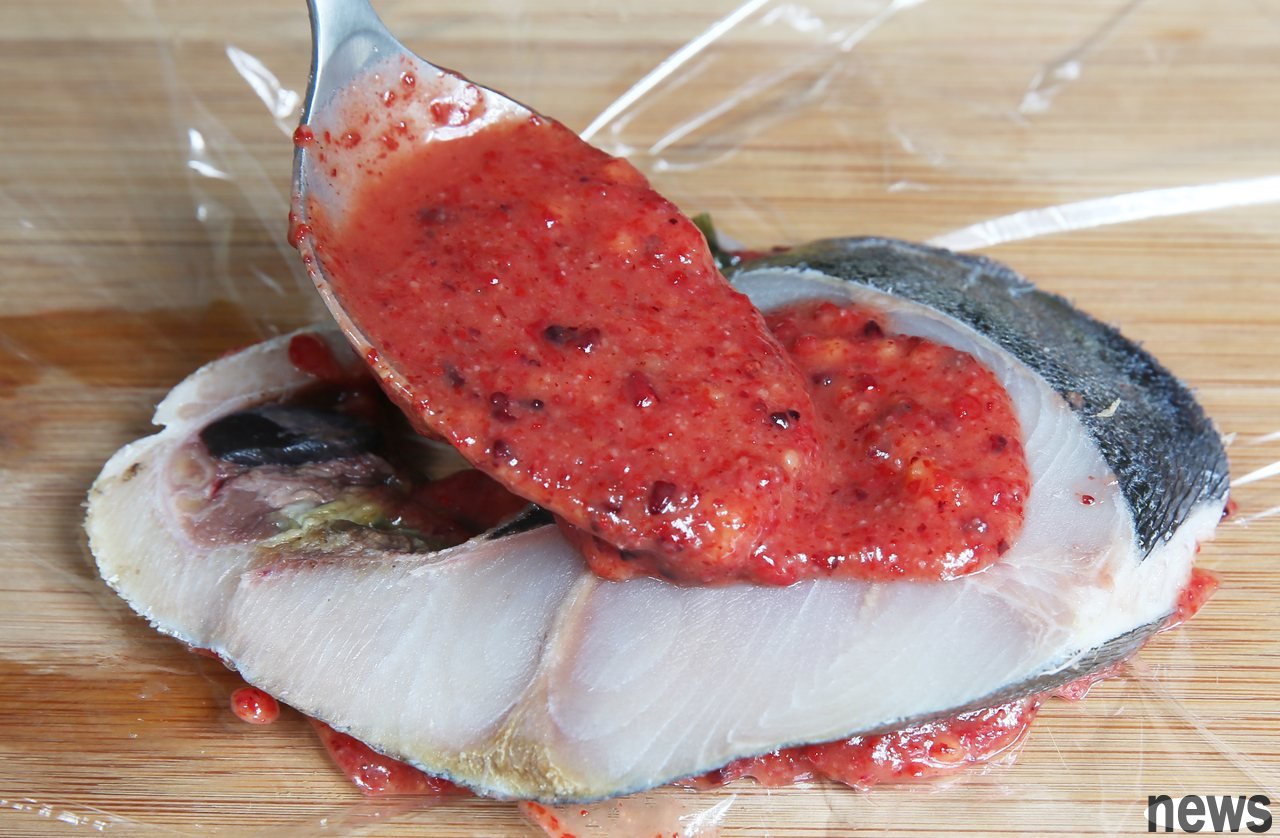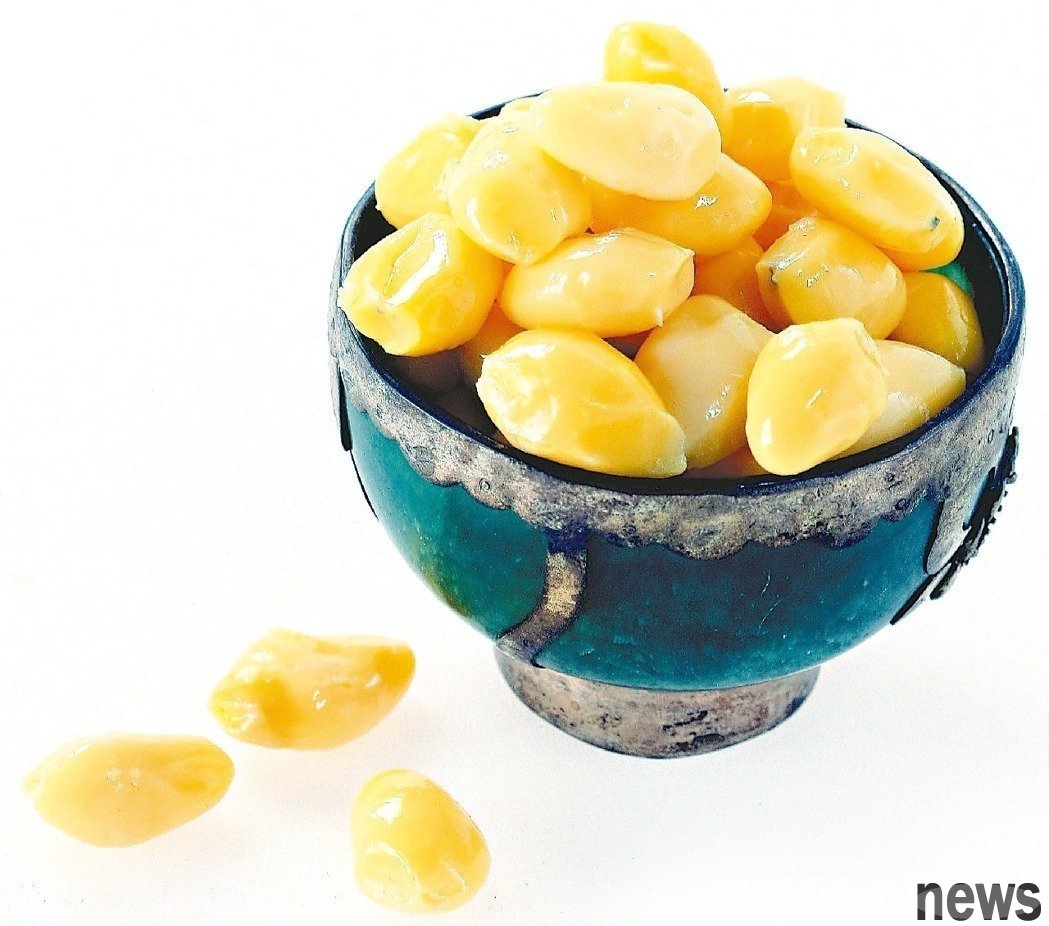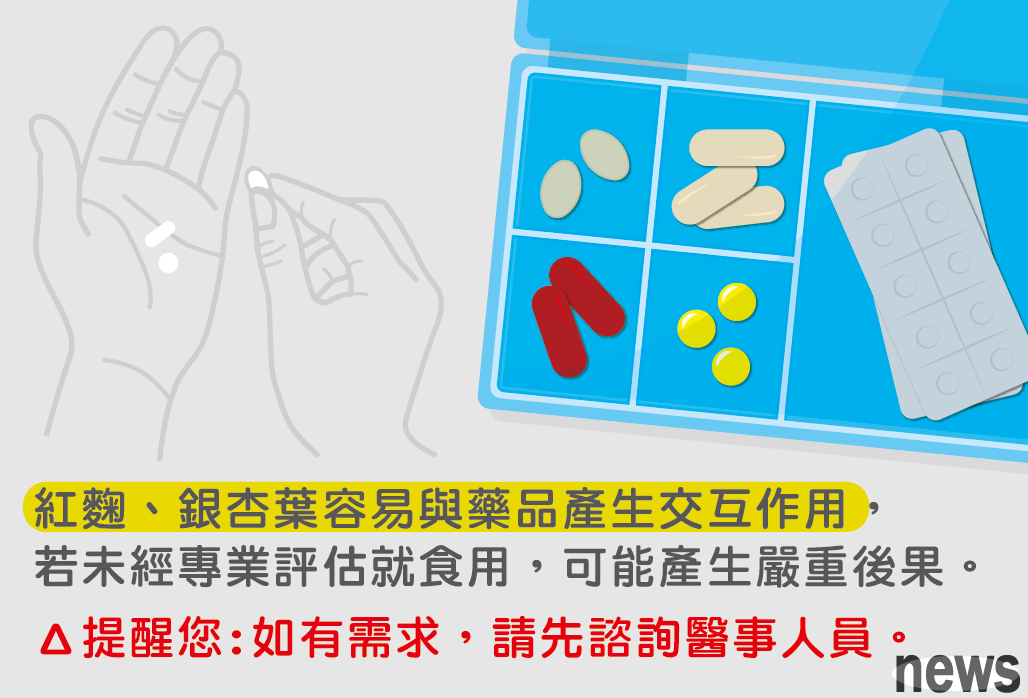
Ready to watch advertisements or hear friends say eating red koji and apricots is good for the body. Do you want to try it? Don't worry first! Products such as red koji, silver apricot leaf are prone to interact with drugs. If eaten without professional evaluation, it may have serious consequences. The Food and Drug Administration (hereinafter referred to as the Food and Drug Administration) invites the community pharmacy pharmacist Guo Jianhong to share his knowledge about taking red koji and sausage leaves. Come and see if you have mistook the mine and don’t know!
Red koji helps health care? Possible bleeding and inappropriateFood and Drug Administration stated that if the content of monacolin K in red koji products meets the legal standards, you can apply for a healthy food that has the effect of adjusting blood fat. However, in order to buy foods containing red koji healthily, many people do not know that the monacolin K component is similar to the ingredients of the "statin" blood lipid-lowering drugs. The combination of the use will enhance the side effects of blood lipid-lowering drugs, such as: it may cause liver and kidney injury, increase the incidence of muscle disease and myolysis, cause of unknown pain, and changes in urine color.
Pharma Guo pointed out that in addition to the "statin" blood lipid-lowering drugs, red koji may also interact with multiple drugs, and may still cause harm even if the time of taking is not opened. For example: combined with other blood lipid-lowering drugs (such as gemfibrozil, niacin) may increase the incidence of stratum myolysis; used simultaneously with antibacterial drugs (azoles), may increase side effects such as hepatotoxicity and muscle aches; combined with anticoagulant drugs (warfarin) may affect coagulation function.
Food and Drug Administration: The ingredients of red koji are easy to interact with the drug. Before taking it, consult a doctor or a physician. If your body is not suitable after taking it, you should stop eating it immediately to reduce the possible harm and avoid the impact on the expansion of the scope.

The commonly heard apricot fruit (commonly known as ginkgo) is a general food and has no effect in treating diseases; the main effect is "silver leaf extract", which is managed by drugs in my country, and the appropriate symptoms approved as a prescription drug is "peripheral blood disorder"; the appropriate symptoms of the drug are "adjusting to the treatment of peripheral blood disorder". Pharmacist Guo emphasized that although the drug does not require a doctor's prescription, it still needs to be consulted with a doctor, a drug or a drug. It is not recommended to use it on its own, and its effect is limited to improving peripheral blood circulation. It has no real therapeutic effect on dementia, wind and vascular diseases in the elderly. People should not listen to advertisements or say anything, which will harm their health.
Physician Guo reminds that syrup can inhibit blood aggregation and may interact with anticoagulants (such as warfarin), antiplatelet drugs (such as aspirin, clopodorgrel) and non-steroidal anti-inflammatory analgesics (NSAID). In addition, silver apricot leaf extract can increase the risk of surgical bleeding. If you are taking it, please tell the doctor and stop using it seven days before the surgery.

Original citation from: Pharmaceutical Food Safety Weekly